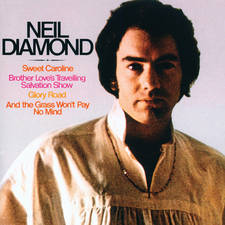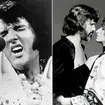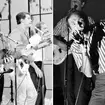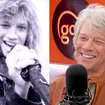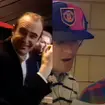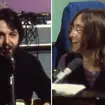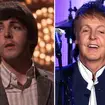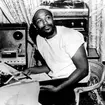Make Me Smile (Come Up and See Me) by Steve Harley and Cockney Rebel: The making of the glam hit
18 March 2024, 12:16

Steve Harley and the Cockney Rebels - Live From London DVD trailer
When Steve Harley scored his biggest hit charting the break-up of his band.
Listen to this article
Steve Harley was so much more than just one song.
Both with the original Cockney Rebel and in the band's later years where he essentially ran the show as a solo star, he offered a unique voice in the glam rock scene that was unlike any other.
- Steve Harley: 'Come Up and See Me' and Cockney Rebel singer dies, aged 73
- Listen to the Gold Greats Live Playlist on Global Player
But as his sole chart-topping single and with over a million copies sold, it's clear that Steve – who died at the age of 73 in March 2024 – will be remembered by many for the wonderful 'Make Me Smile (Come Up and See Me)'.
Do you know what the song's actually about, who actually plays on it, and who has covered it over the years?
Read on for everything you ever wanted to know about the stone-cold classic.
Who wrote and performs on 'Make Me Smile (Come Up and See Me)'?

Steve Harley & Cockney Rebel - Make Me Smile (Come Up And See Me) (Official Music Video)
'Make Me Smile (Come Up and See Me)' was written by Steve Harley himself, with the singer enjoying sole songwriting credit on the record.
That was nothing unusual for Cockney Rebel, as Steve was the only listed songwriter on all songs on their first two albums, 1973's The Human Menagerie and the following year's The Psychomodo.
For those first two albums, Steve was backed by Jean-Paul Crocker, Milton Reame-James, Paul Jeffreys and Stuart Elliott, but by the time of 'Make Me Smile' it had all changed.
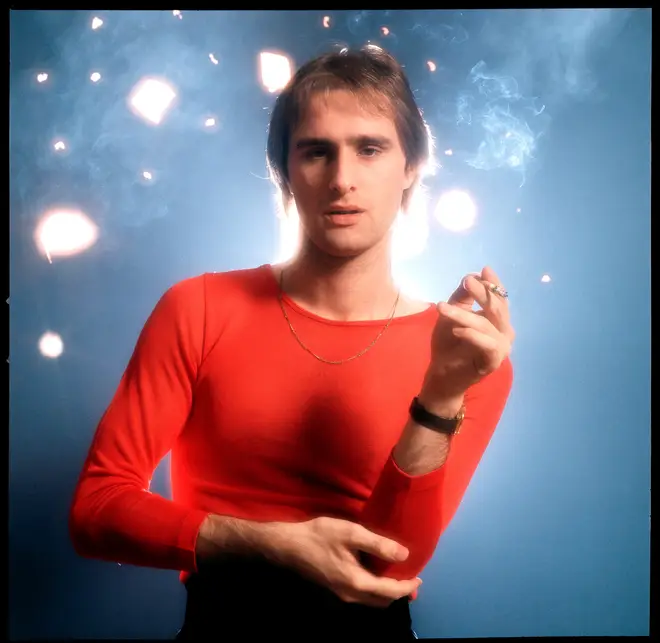
Despite scoring top ten hits with non-album single 'Judy Teen' and The Psychomodo's 'Mr Soft', tensions within the band rose to the point that the entire group walked out, bar drummer Elliott.
Harley's first single after the split was 'Big Big Deal', released under his own name. A track that was almost immediately withdrawn from sale as a false start.
Steve decided to instead "reform" his band but actually relaunched it as more of a solo project backed by a changing cast known as Steve Harley and Cockney Rebel.

Big Big Deal (Full Version)
For their launch number, he returned to an old tune he'd had in his back pocket since way back in 1971. That song 'Laid in the Shade' never quite worked, but Harley salvaged the tune and started on some new lyrics (more on those later).
And joining Harley and Elliott on the 'Make Me Smile' single were guitarist Jim Cregan, keyboard player Duncan Mackay and bassist George Ford.
The track was rounded out with all-star backing vocals from Tina Charles, Martin Jay, Yvonne Keeley, Linda Lewis and Liza Strike. Tina went on to front her own UK number one 'I Love to Love (But My Baby Loves to Dance)' in 1976.
How important was producer Alan Parsons to the sound of 'Make Me Smile (Come Up and See Me)'?

Steve Harley & Cockney Rebel - Make Me Smile (Come Up and See Me) • TopPop
As with the second and last album by the old Cockney Rebel, 'Make Me Smile' was produced by Steve Harley together with Alan Parsons.
Sometimes it feels as though producers do little more than get everyone in the room and point the microphones in the right direction, but when it comes to 'Make Me Smile (Come Up and See Me)', Alan played a key role in giving the song its sound.
The first version of the track was actually a slow blues jam, which he got his new band to play through during rehearsals at Abbey Road in late 1974, while the group were recording the new album The Best Years of Our Lives.

Steve Harley & Cockney Rebel - Make Me Smile | Rewind 2013 | Festivo
Alan told Steve to basically put a donk on it, and after Harley upped the tempo, he encouraged him to go all out, adding in that quirky lyrical phrasing and start-stops that make the song so special.
"I think a good producer can transform a song," Parsons himself told Songwriting Magazine in 2017. "If you make a small change compositionally that really makes a song gel then you can say production is part of songwriting.
"He was phrasing the chorus completely differently and I suggested that he made it more rhythmic and I think that is part of the hook of the whole record, so I take a bit of credit for that – although I didn't get paid for it."
Another person who didn't get a writing credit but arguably could have deserved one was guitarist Jim Cregan, who took the original idea for a sax solo and transformed it for guitar, with three takes stuck together to get the finished version.
What is 'Make Me Smile (Come Up and See Me)' actually about?
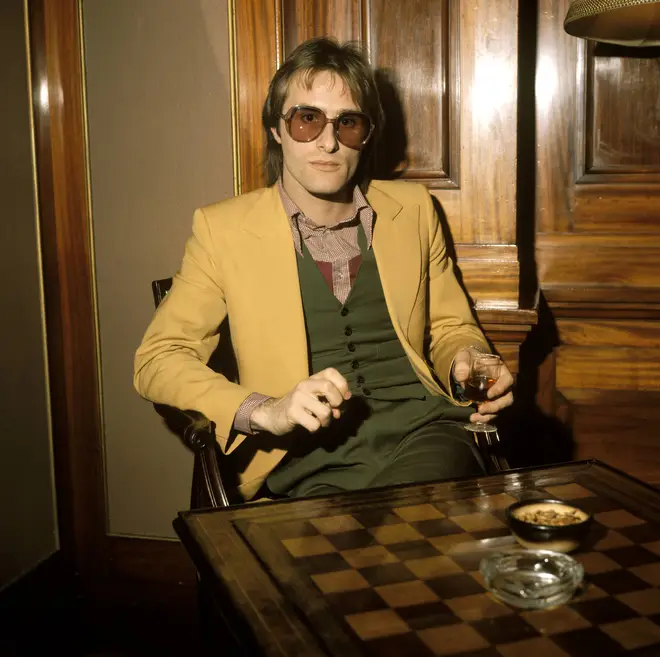
As we've already noted, Steve started writing 'Make Me Smile' after the split of the original Cockney Rebel.
On the surface the song seems to be about a scorned lover ("Blue eyes, blue eyes, how come you tell so many lies?") but a closer reading shows that it's quite obviously about the Cockney Rebel split ("You've broken every code, and pulled the rebel to the floor").
The suggestion is that the rest of the band bailed on Steve for financial reasons ("You spoiled the game, no matter what you say, for only metal, what a bore") and would someday perhaps come crawling back ("Come up and see me!")

Steve Harley One Show Documentary Make Me Smile Come Up And See Me
"I was in distress, there's no doubt at all, out of adversity I had to talk about it, I had to write about it," Steve told The One Show in 2012. "I had to say these things, I had to get it off my chest."
As he told One Thousand UK Number One Hits: "We split up because they wanted to take my leadership away. They wanted to dilute it and 'Make Me Smile' is saying 'Come back one day and I'll laugh'
"It was arrogant but I knew they were wrong - they didn't understand the group like I did."
When was 'Make Me Smile (Come Up and See Me)' released and where did it get in the charts?
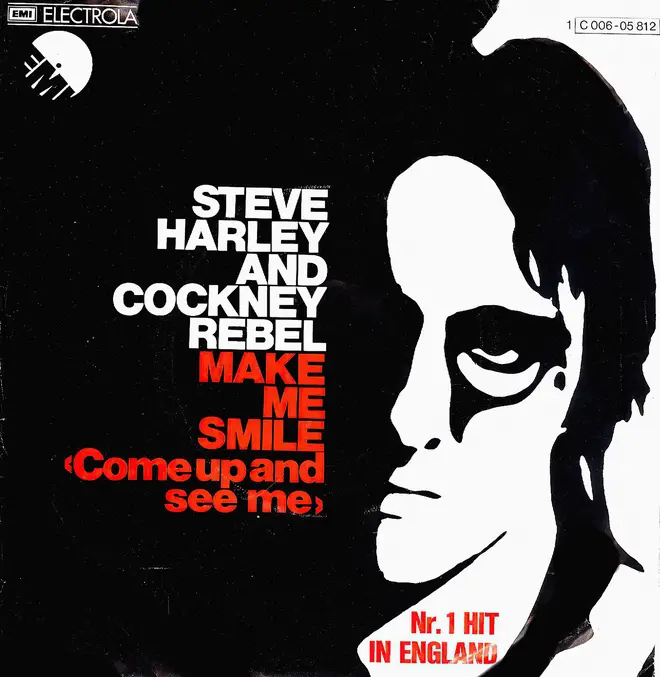
Having been recorded late the previous year, the re-baptised Steve Harley and Cockney Rebel released 'Make Me Smile (Come Up and See Me)' on January 31, 1975.
By the following month, the song was top of the UK singles charts, and it even charted over in the US, scraping into the Billboard Hot 100 at 96.
When all was said and done the single sold over one million copies.

Steve Harley's protest song
As well as leading countless Steve Harley compilations, the song has enjoyed several re-releases.
It re-charted at number 46 in 1992, and after Harley was done for speeding in 2014, Top Gear launched a campaign to boost downloads of the song to help Steve pay his fine.
He helped that process with a re-recorded snippet about the incident, and the song even got to number 72 in the charts.
The song has also been featured on countless adverts and TV and movie soundtracks, most notably The Full Monty and Velvet Goldmine.
Who has covered 'Make Me Smile (Come Up and See Me)'?

Erasure - Make Me Smile (Come Up and See Me) (Official Video)
'Make Me Smile (Come Up and See Me)' has been covered a fair few times, including by some pretty significant artists.
Erasure scored a number 14 hit with their version in 2003, which was taken from their covers album Other People's Songs.

Wedding Present - Make Me Smile (Come Up And See Me) (TOTP)
Only three years earlier The Wedding Present reached number 25 with their version that was highly praised by Steve himself.
"There are 120 cover versions of 'Make Me Smile', but only the Wedding Present have done it differently," he told 1000 UK Number One Hits. "They did a punk version and made it kick. They understood the venom in the lyrics."

Duran Duran - Make Me Smile (Come Up & See Me) (Official Music Video)
While it didn't lead to a release, Duran Duran performed the song live and their cover was included as the B-side on the massive single The Reflex in 1984.
Suzi Quattro had covered the song as early as 1977, and there are other versions from the likes of Nick Barker and The Reptiles, and Robbie Williams and Tom Jones (as part of a Full Monty medley).
